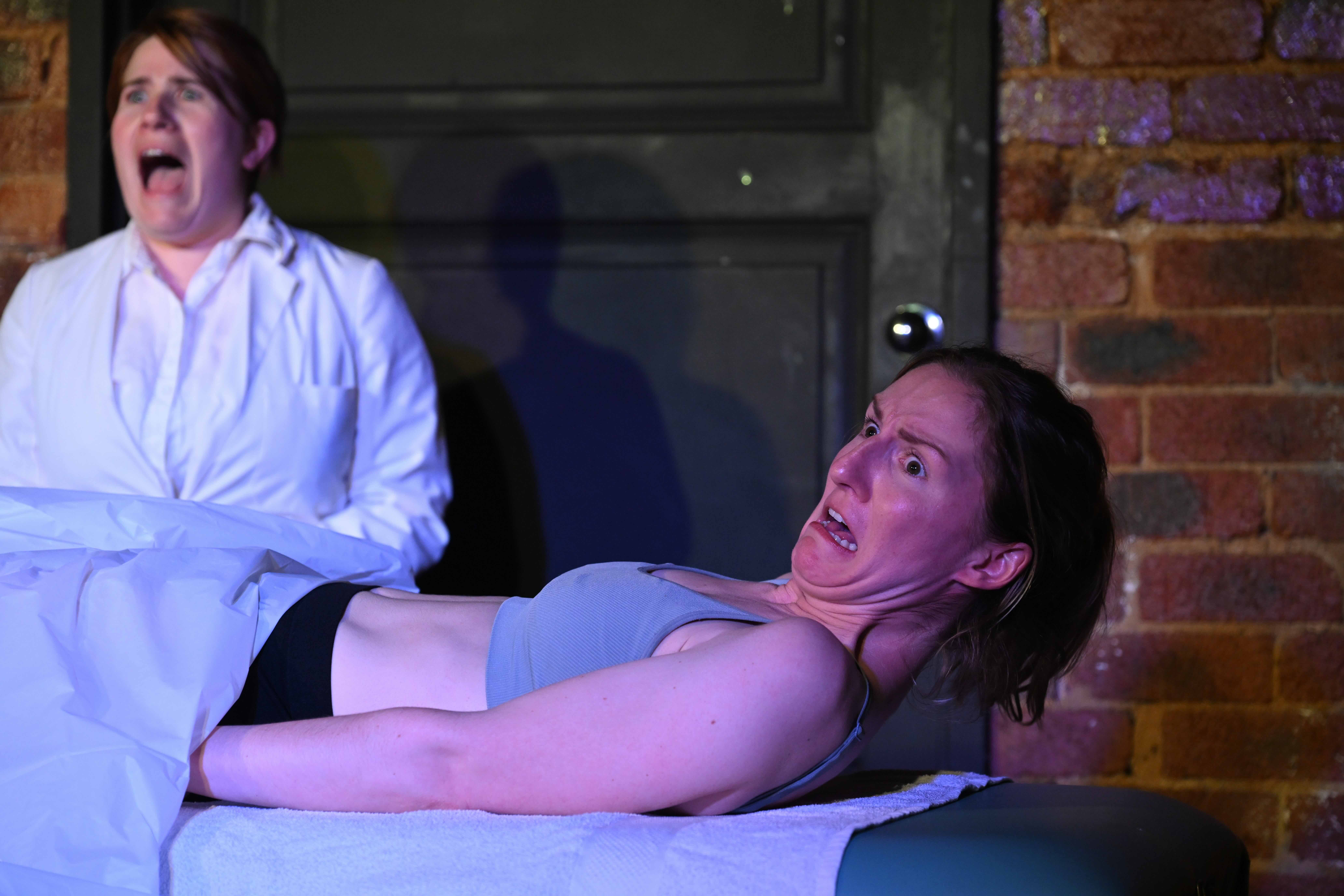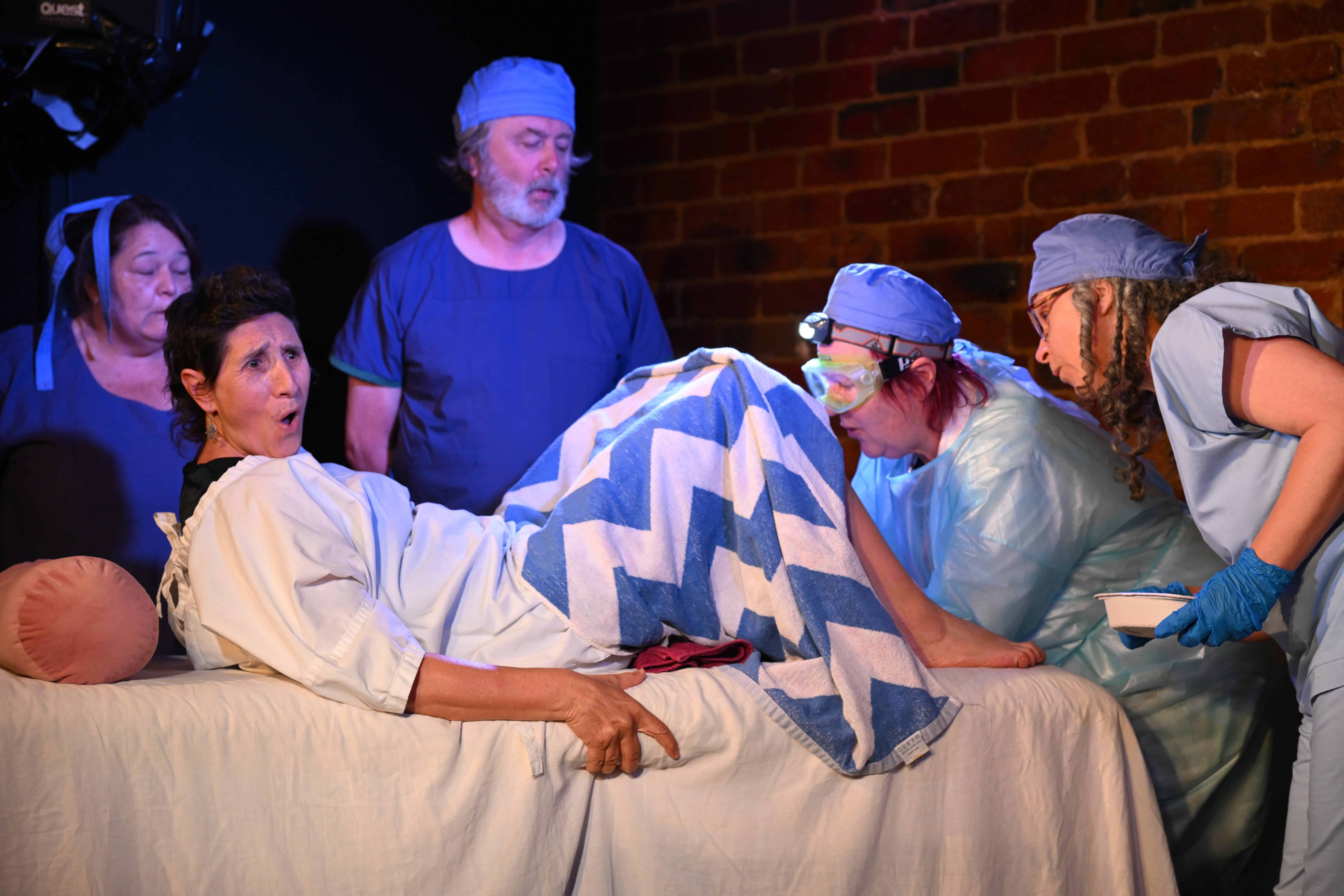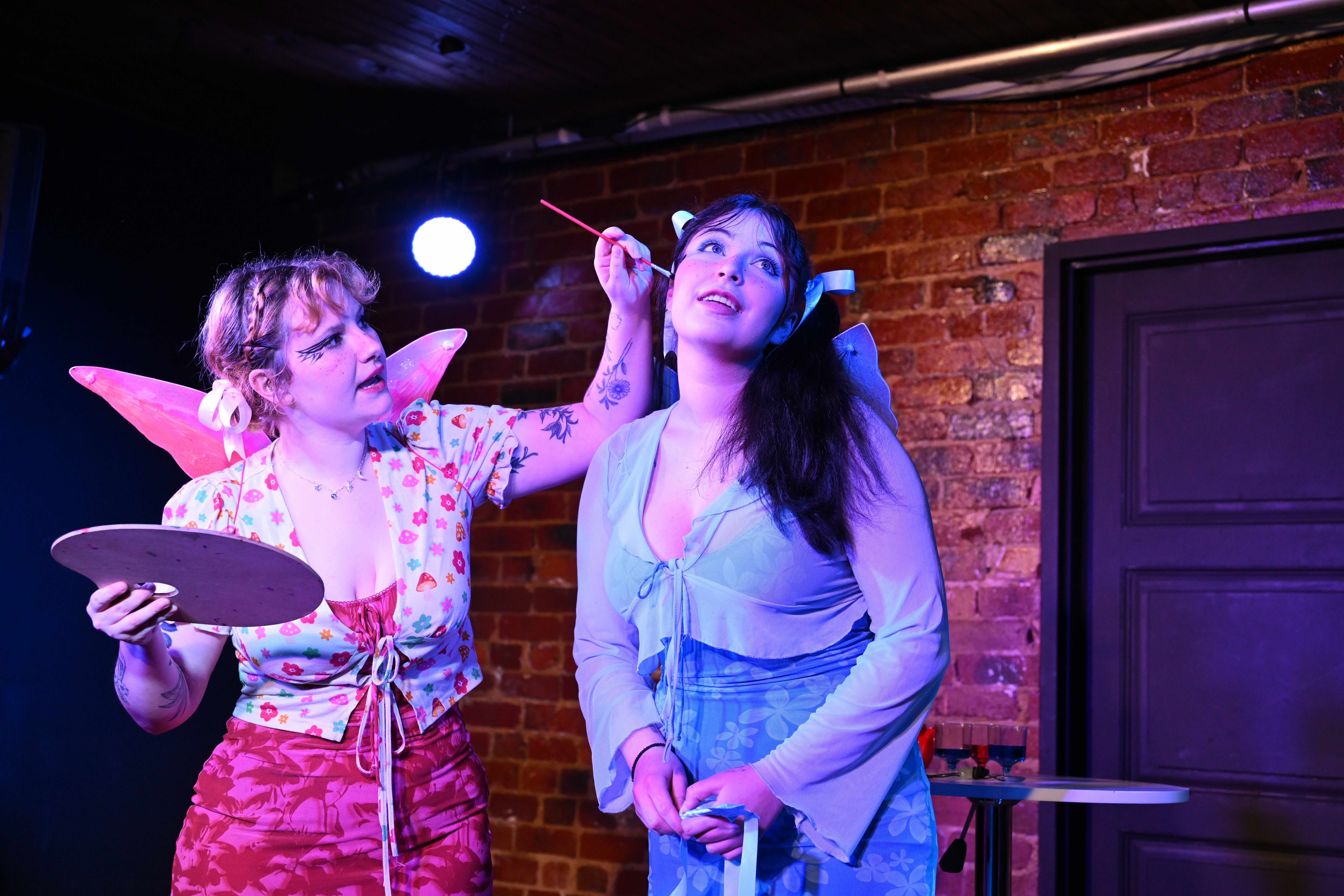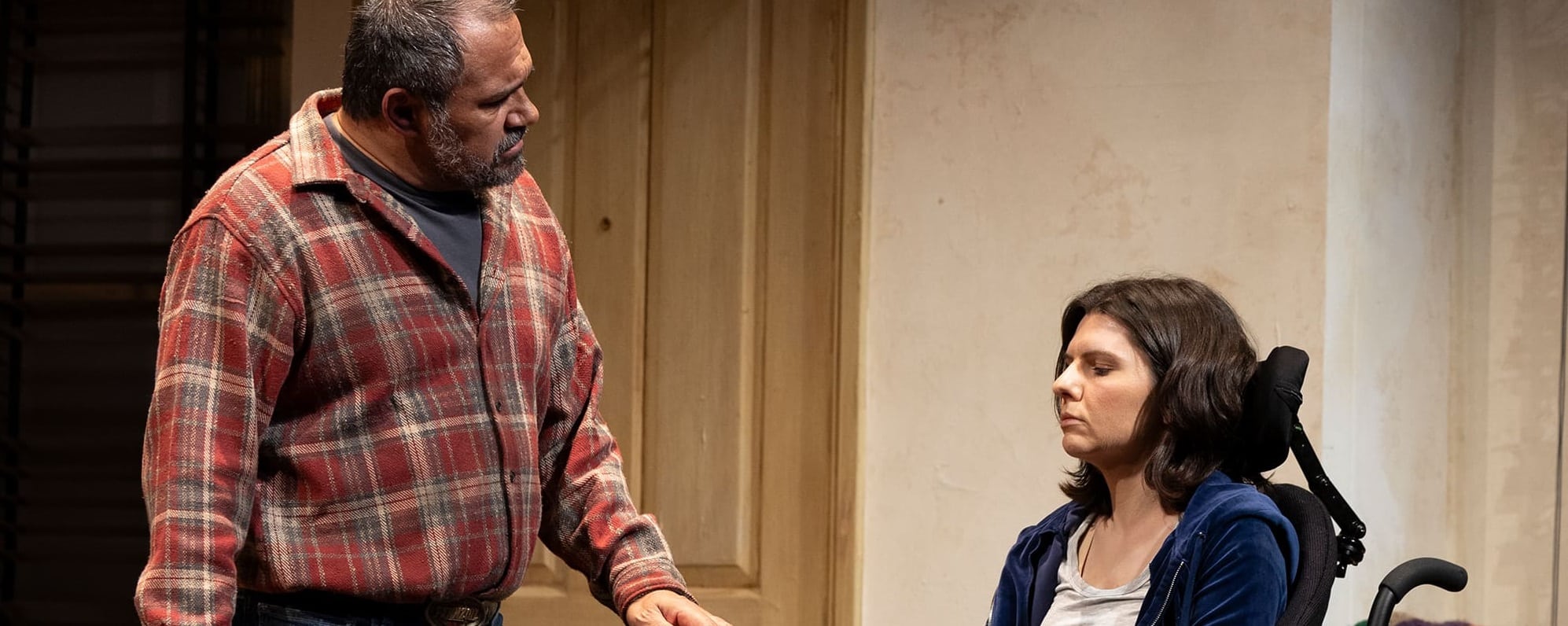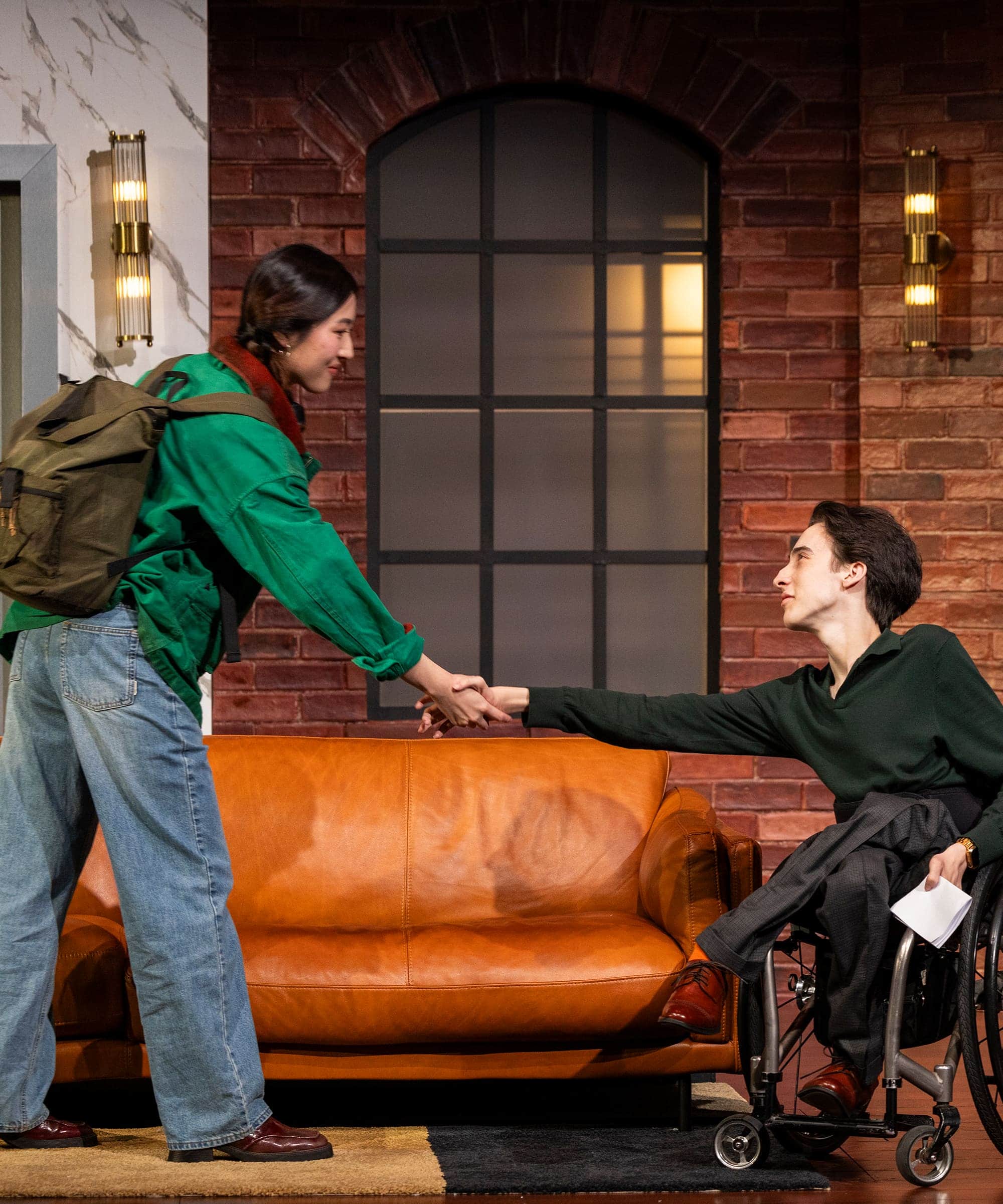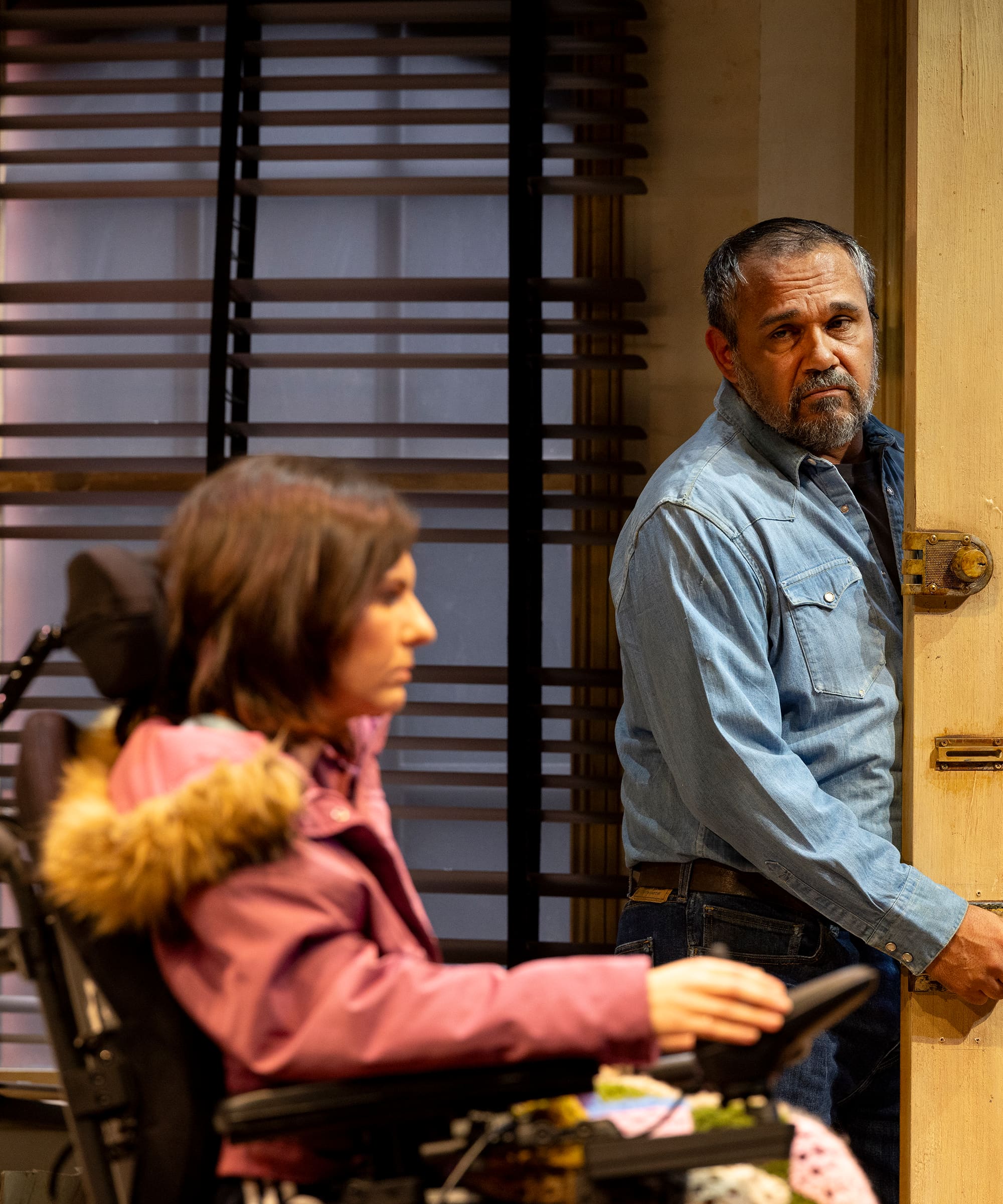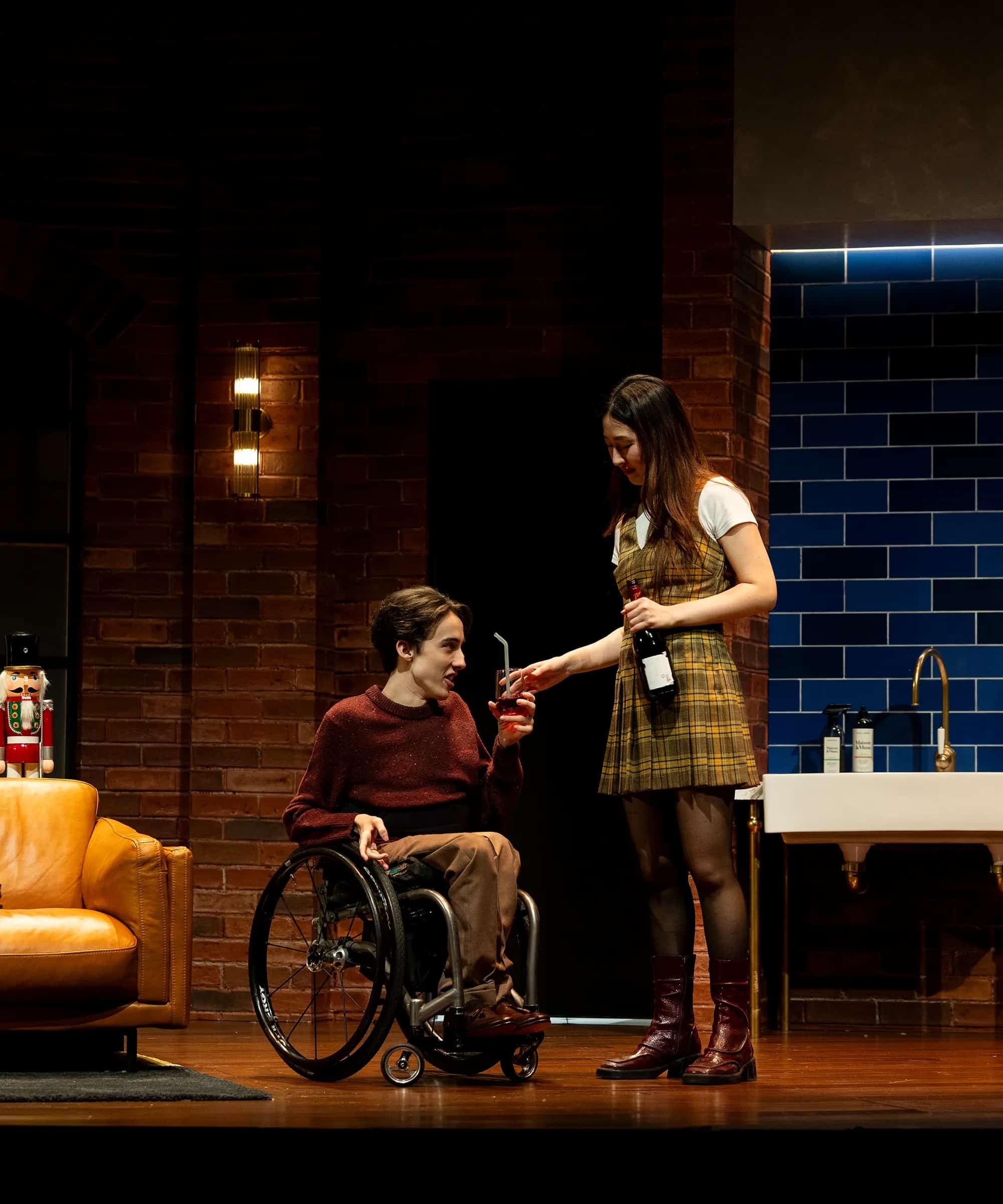From the opening notes, The Butcher, The Baker immediately transports you into a world reminiscent of 1930s European cabaret—glamorous, provocative, and deeply steeped in the tradition of Weimar-style performance. Written, composed, and musically directed by Ella Filar, this production is both a showcase of exuberant musicality and a shocking exploration of sexuality, identity, and the fluidity of roles that people inhabit.
Directed by Kevin Hopkins—who first encountered the script while in the Czech Republic—The Butcher, The Baker carries a distinctly European flavour. Hopkins’s stated fascination with the piece’s “grotesquery and absurdism” is evident in his staging. The narrative follows three focal characters: Honey Valik (portrayed by Natasha Broadstock), an artist deeply invested in her craft; Alex Summers (played by Claire Nicholls), a brain surgeon; and Johnny Agostino (Fletcher Dyson), a butcher who captures both character’s imaginations. Threading the story together are two captivating narrators, Myf Powell and Bruce Langdon, who serve as muses and as the voices of subconscious (and sometimes very conscious) desires.

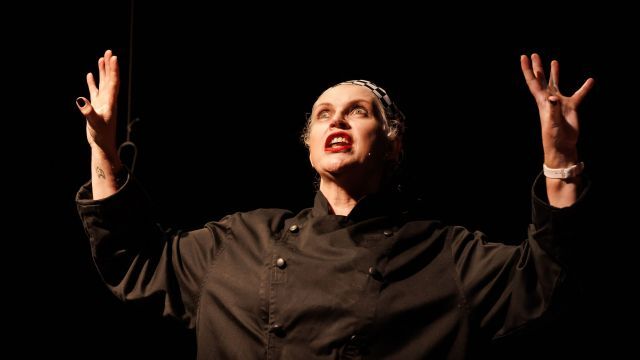
What makes The Butcher, The Baker especially compelling is how it shifts seamlessly between riotous humour and unexpected shocks. In one moment, it revels in playful innuendo and high-spirited wordplay; in the next, it confronts the audience with overt sexuality or sudden shifts in character roles—often leaving you unsure whom you’re meant to be rooting for. This is intentional: the show’s dada-esque edge delights in keeping viewers off-balance, forcing us to question the “meaning” behind both words and actions on stage.
Throughout, Filar’s score is vibrantly eclectic. One moment, you might hear a quick staccato reminiscent of German dance halls; the next, soaring operatic passages or lively jazz. The band—**Martin Khromchenko and Lucke Schreiber on saxophones, Lyuba Khromchenko on violin, Ella Filar on keyboard, and Christos Linou and Bradon Payne on percussion—**heightens the sense of off-kilter fun, playing behind a curtain in costumes that evoke both a bustling kitchen and a risqué soirée. It’s a deliberate collision of worlds, perfectly reflecting the script’s thematic juxtapositions.
The production is a tight 75 minutes, ensuring audiences never have the chance to lose focus. At times, you might catch yourself marvelling at the sheer cheekiness of the dialogue and lyrics, only to be hurled into the next song or scene before you can fully process what just transpired. As you watch these characters grapple with their obsessions, desires, and identities, you may feel that you’re taken on a ride rather than asked to pick sides. This experience becomes more explicit when reading through the printed lyrics and programme after the show.
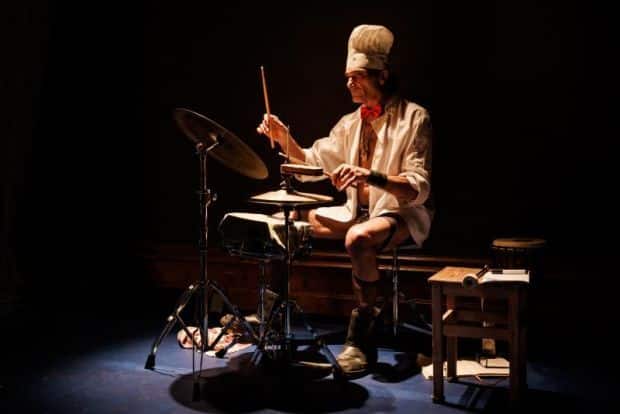
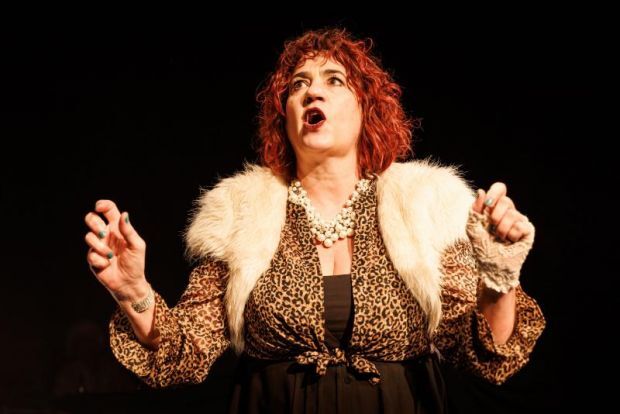
Chris Molyneux, the technical manager, deserves commendation for crafting a production that feels seamless yet offbeat. Lights and sound create an immersive environment, supporting the transitions between the boisterously funny and the unabashedly sensual.
If you’re seeking a conventional storyline, The Butcher, The Baker may throw you off-guard. But for anyone who revels in cabaret’s capacity to shock, surprise, and delight, this show is a feast. It’s a testament to a distinctly European tradition of theatre—a kaleidoscope of humour, sexuality, and absurdity that leaves you both entertained and intriguingly disoriented.
As Director Kevin Hopkins notes, this play’s “unpredictable plot” and “strange characters” offer a fresh, modern slant on old-world cabaret. With gender identities and roles under the spotlight, it feels very much of this moment, even as it channels the spirit of another era. Ultimately, The Butcher, The Baker is fun, fast-paced, and a tantalising entry in the Midsumma Festival line-up—and a wild ride well worth taking.
To book tickets to The Butcher The Baker, please visit https://www.theatreworks.org.au/2025/the-butcher-the-baker


